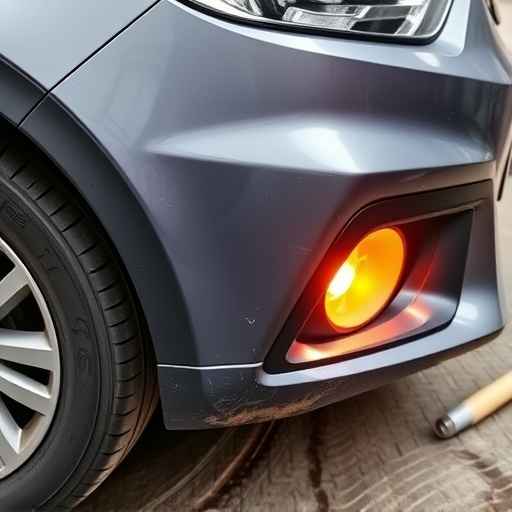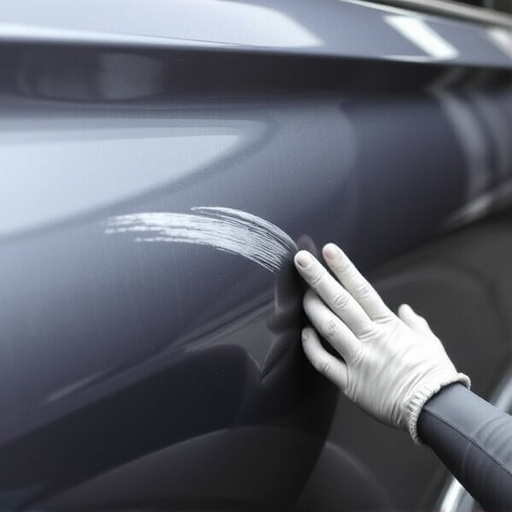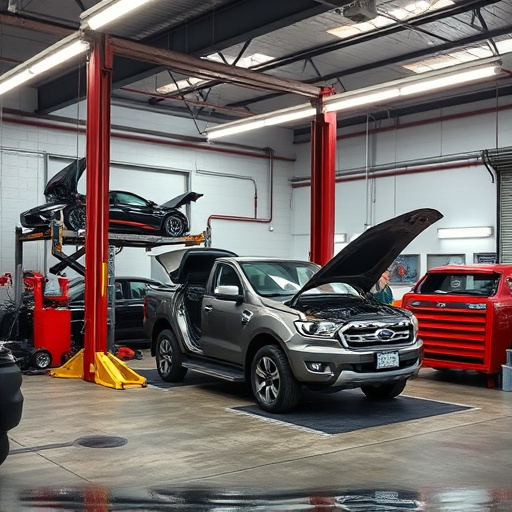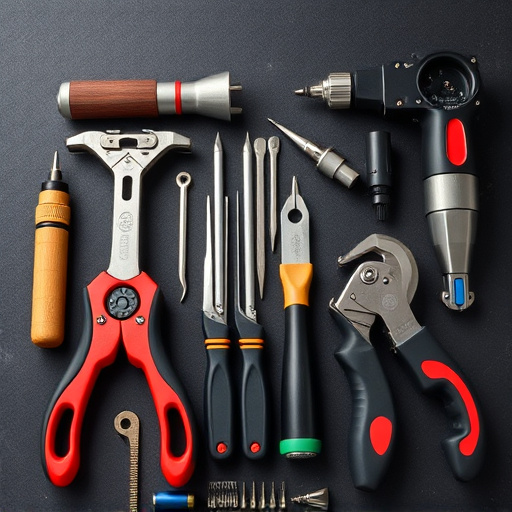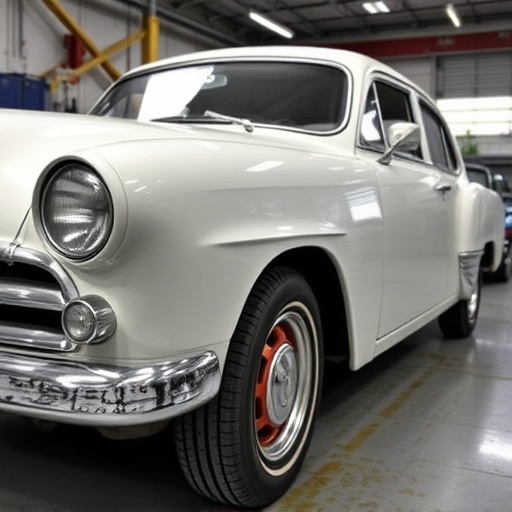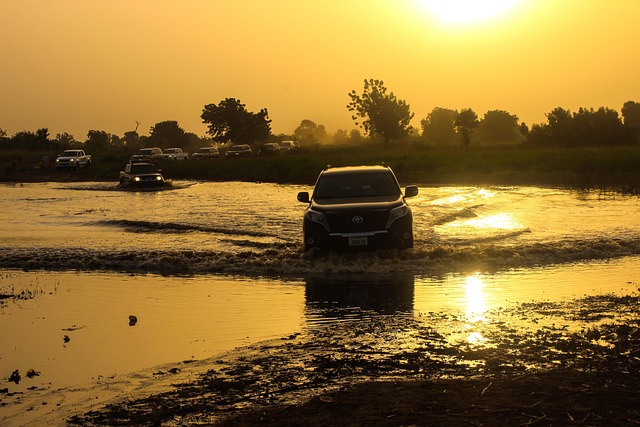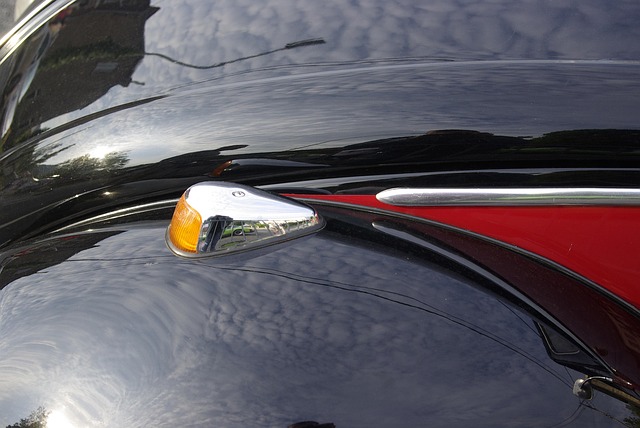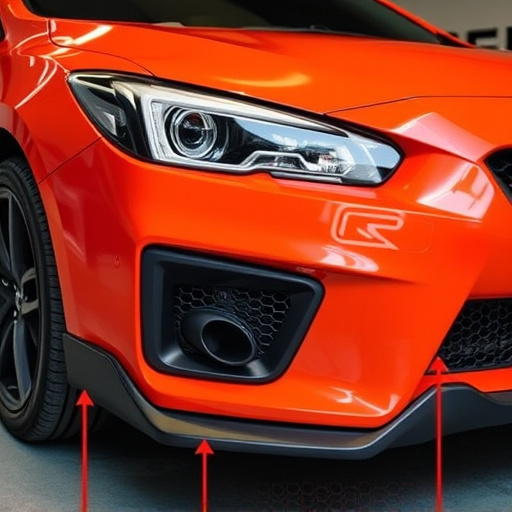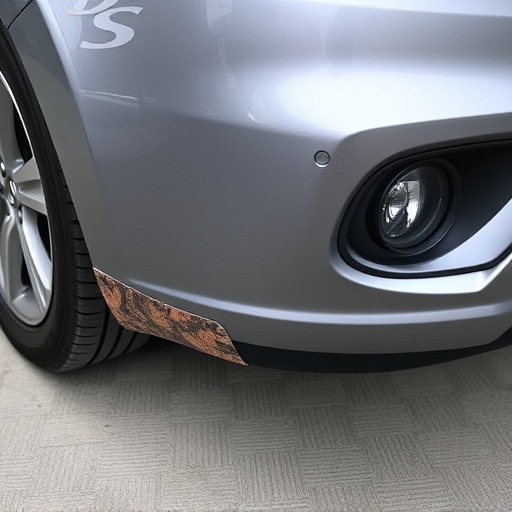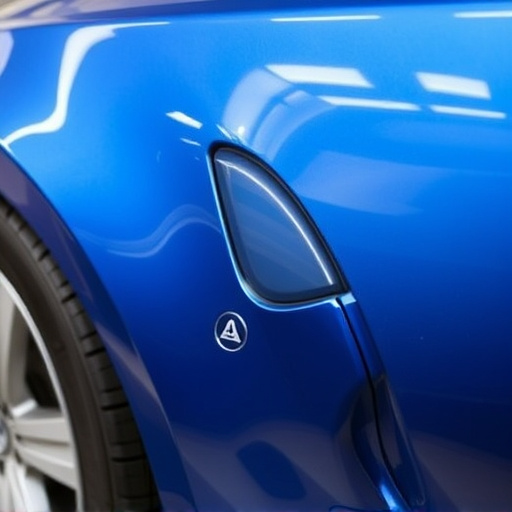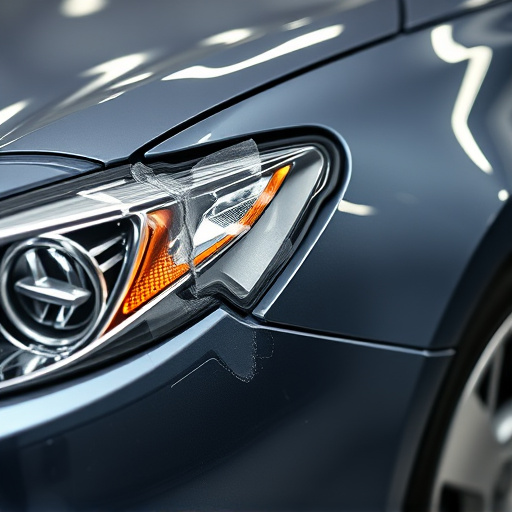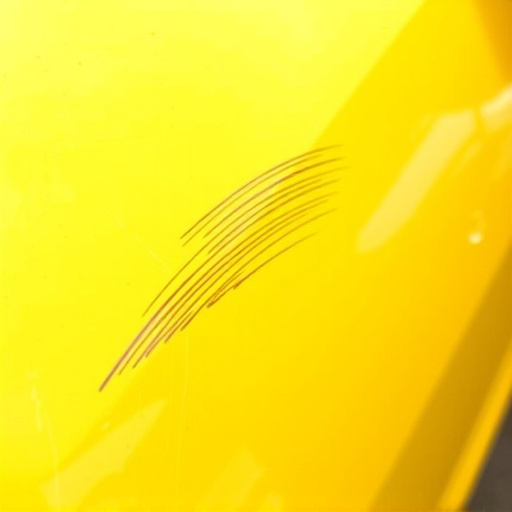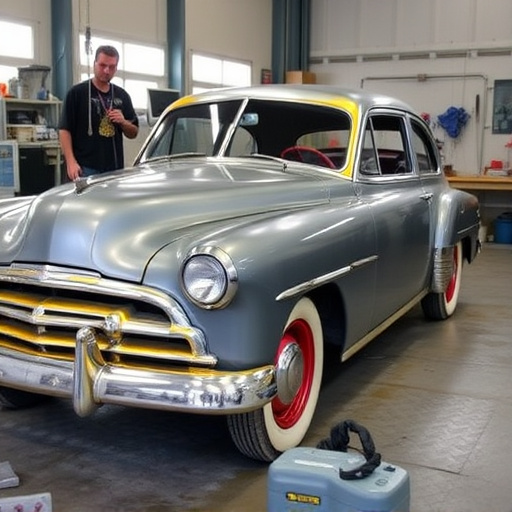Mercedes glass sensor calibration adjusts and fine-tunes safety sensors for accurate readings, preventing safety concerns. Regular checks are recommended to maintain optimal vehicle performance and reliability, with costs varying based on vehicle specifics and repair needs. Accurate calibration is crucial for driver experience and safety feature effectiveness.
“Uncover the mysteries of Mercedes glass sensor calibration—a process that ensures your vehicle’s advanced safety features function optimally. This article guides you through the intricacies, offering insights into ‘Understanding Mercedes Glass Sensor Calibration,’ exploring the ‘Factors Affecting Cost’ and highlighting the ‘Common Issues’ and ‘Benefits’ of this crucial service. Stay informed about this game-changer in automotive technology, ‘Mercedes glass sensor calibration.'”
- Understanding Mercedes Glass Sensor Calibration
- Factors Affecting Cost of Calibration
- Common Issues and Benefits of Calibration
Understanding Mercedes Glass Sensor Calibration
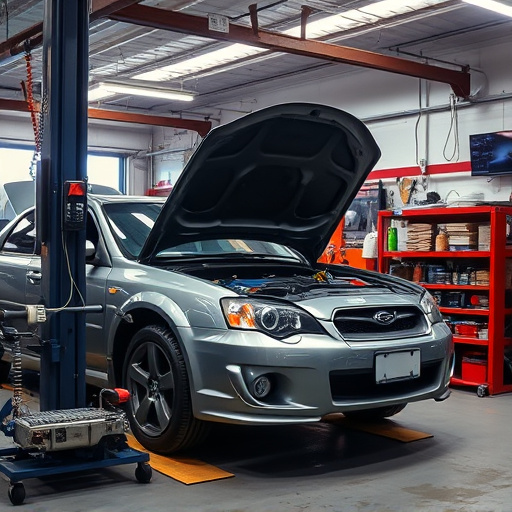
Mercedes glass sensor calibration is a specialized service that adjusts and fine-tunes the sensors responsible for your car’s safety features, particularly its lane-keeping assist and adaptive cruise control systems. These sensors are crucial for maintaining vehicle stability and ensuring a smooth driving experience. Over time, these sensors can drift out of calibration, leading to less accurate readings and potential safety concerns.
Understanding the process is key when considering car repair services. It involves advanced diagnostic tools to assess the sensors’ performance and precise adjustments to ensure they function optimally. Unlike basic autobody repairs, this service requires specialized knowledge and equipment. Regular calibration checks are recommended to prevent costly repairs in the future, as it’s a proactive step towards maintaining your vehicle’s safety systems and overall performance.
Factors Affecting Cost of Calibration
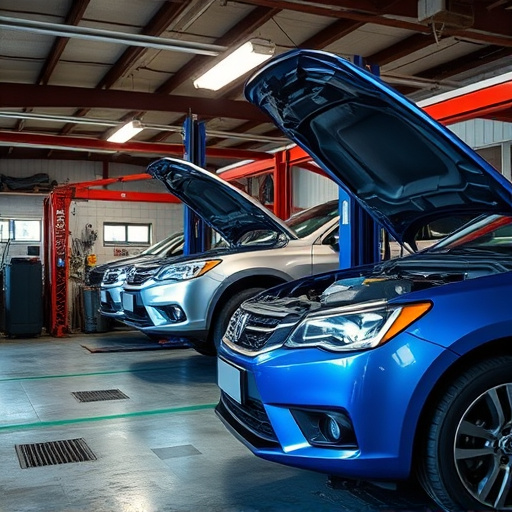
The cost of Mercedes glass sensor calibration can vary widely depending on several factors. One key influencer is the specific model and year of the vehicle, as different Mercedes models may have unique calibration requirements. Additionally, the complexity of the sensor issue—whether it’s a simple adjustment or a complete replacement—plays a significant role in determining the overall cost.
Other considerations include the location of your repair shop and their labor rates, as well as whether you’re also opting for related services like vehicle paint repair or other vehicle repair services. It’s important to remember that accurate calibration is crucial for optimal sensor performance, ensuring safety features work effectively and your vehicle’s overall reliability.
Common Issues and Benefits of Calibration
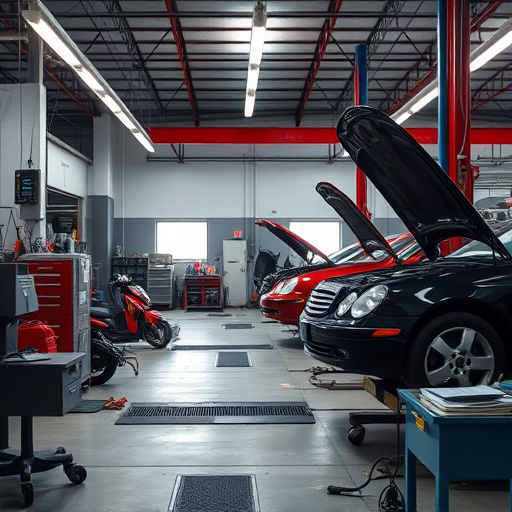
Mercedes glass sensor calibration is a process that addresses common issues related to your vehicle’s safety and performance. Over time, these sensors can drift out of alignment or become contaminated, leading to problems like incorrect window operation or malfunction during driving. A calibrated sensor ensures your windows open and close smoothly, respond promptly to commands, and operate safely in various driving conditions.
Regular calibration offers numerous benefits, including enhanced driver experience, improved safety features, and potentially longer component lifespan. Preventing issues through proper maintenance, such as Mercedes glass sensor calibration, is often more cost-effective than dealing with extensive dent repair, scratch repair, or car restoration later due to sensor malfunctions.
Mercedes glass sensor calibration is a vital service that can significantly improve your vehicle’s safety and performance. Understanding the factors affecting cost, recognizing common issues, and appreciating the benefits make it a smart investment for any Mercedes owner. By ensuring precise sensor readings, you contribute to better driving dynamics and enhanced driver confidence. Remember, regular calibration checks are key to maintaining your Mercedes’ optimal performance.
